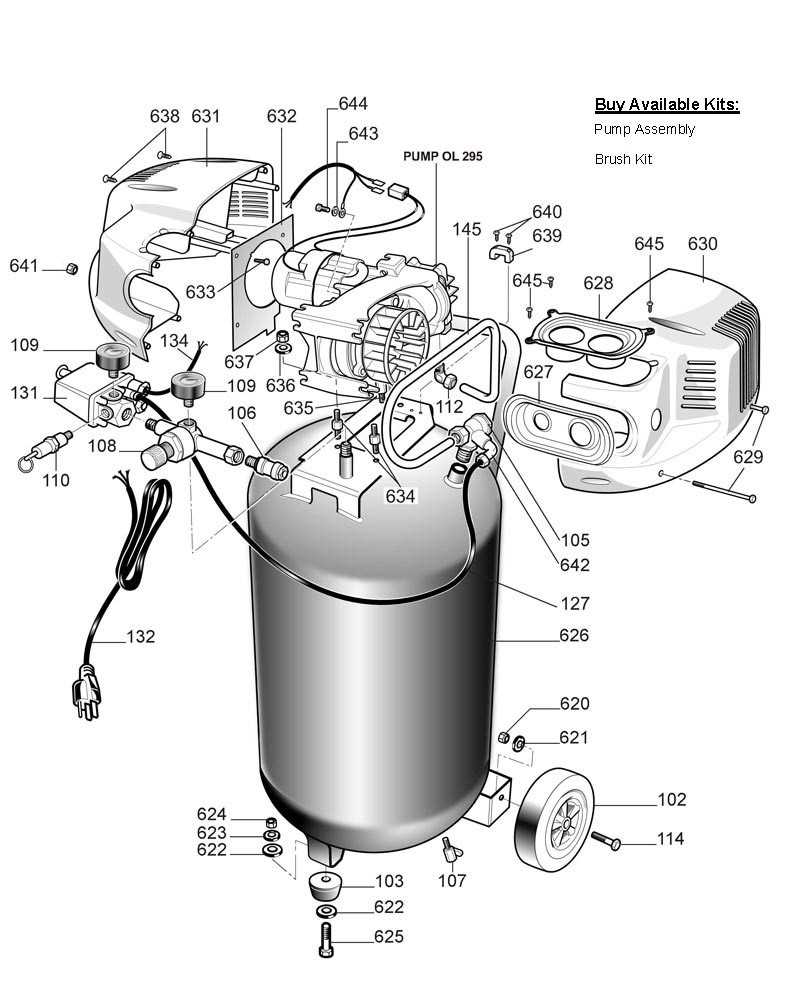
Understanding the internal structure of mechanical systems is crucial for their proper maintenance and smooth operation. Identifying and learning the roles of different elements can help ensure the device runs efficiently and is easy to repair when necessary.
Every machine consists of several interconnected parts, each playing a specific role. Recognizing these components and their relationships helps troubleshoot problems and improve performance.
Properly understanding the layout and function of each element is essential for anyone involved in using or maintaining these systems. This guide will help you identify and understand the critical sections, enhancing your ability to manage and repair equipment with confidence.
Understanding the Husky Compressor Parts
Every mechanical system contains a variety of interconnected elements that work together to ensure smooth operation. Familiarity with each component and its function is essential for efficient use and troubleshooting. By understanding how each part contributes to the overall performance, users can better manage the system and address potential issues when they arise.
Main Functional Elements
The core of any system involves crucial components that perform specific functions to keep everything running smoothly. These include the parts responsible for energy conversion, pressure regulation, and fluid movement. Understanding the role of each element allows users to pinpoint potential sources of problems and maintain optimal functionality.
How Components Interact
Each element within the system interacts with others to create a cohesive and efficient operation. From pressure regulation to fluid management, each section plays a vital role in maintaining the balance and ensuring long-term reliability. Knowledge of how these components work together is key to identifying issues quickly and performing proper maintenance.
Key Components of Husky Compressors
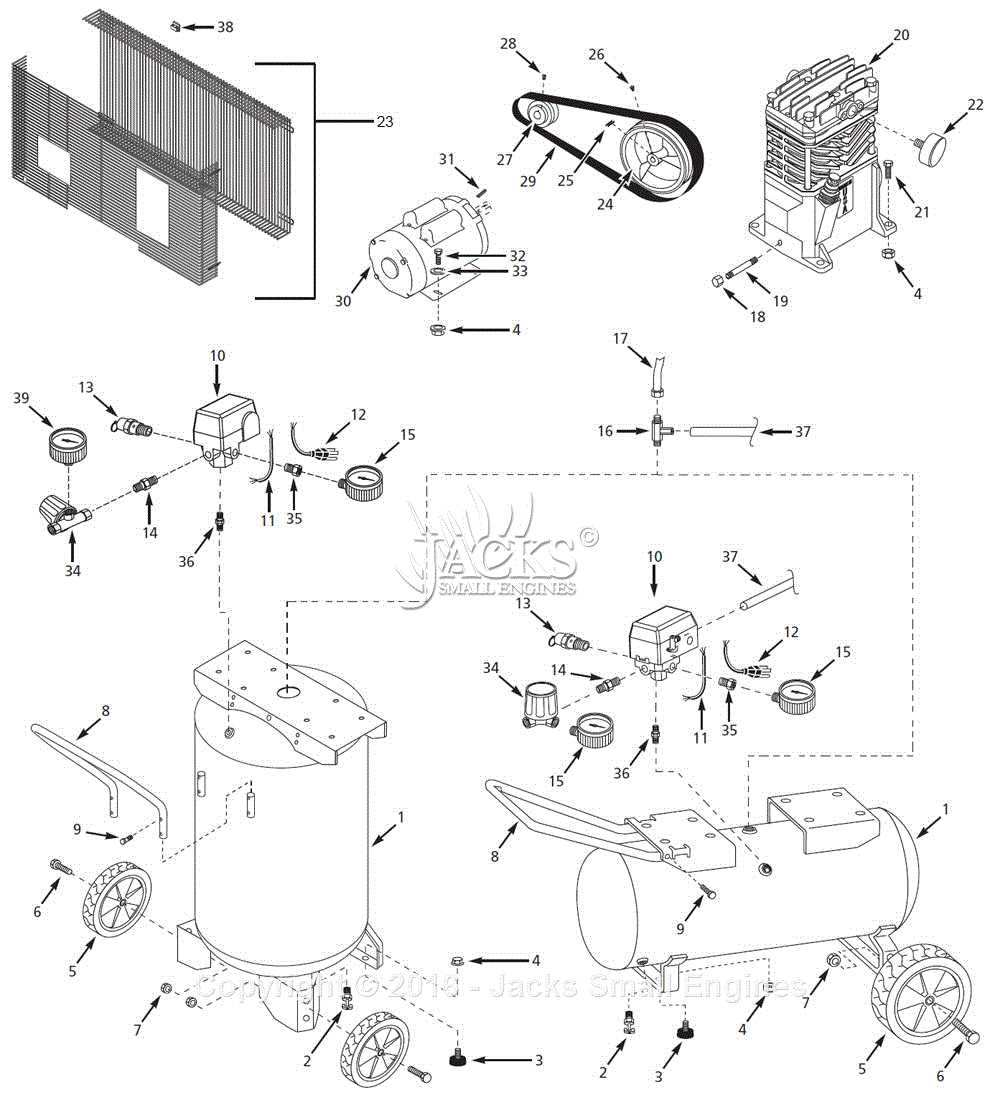
Every mechanical device consists of critical elements that work together to ensure optimal performance. Recognizing these core components is essential for understanding how the entire system operates and how each piece contributes to the overall function. From energy input to output, these fundamental elements allow the device to perform its intended tasks effectively.
Energy Conversion and Regulation
One of the primary functions within any system is converting and regulating energy. Components responsible for this task ensure that power is efficiently transformed into usable force while maintaining stable operation. These elements are integral for managing pressure and ensuring the system runs within safe limits.
Fluid Movement and Pressure Control
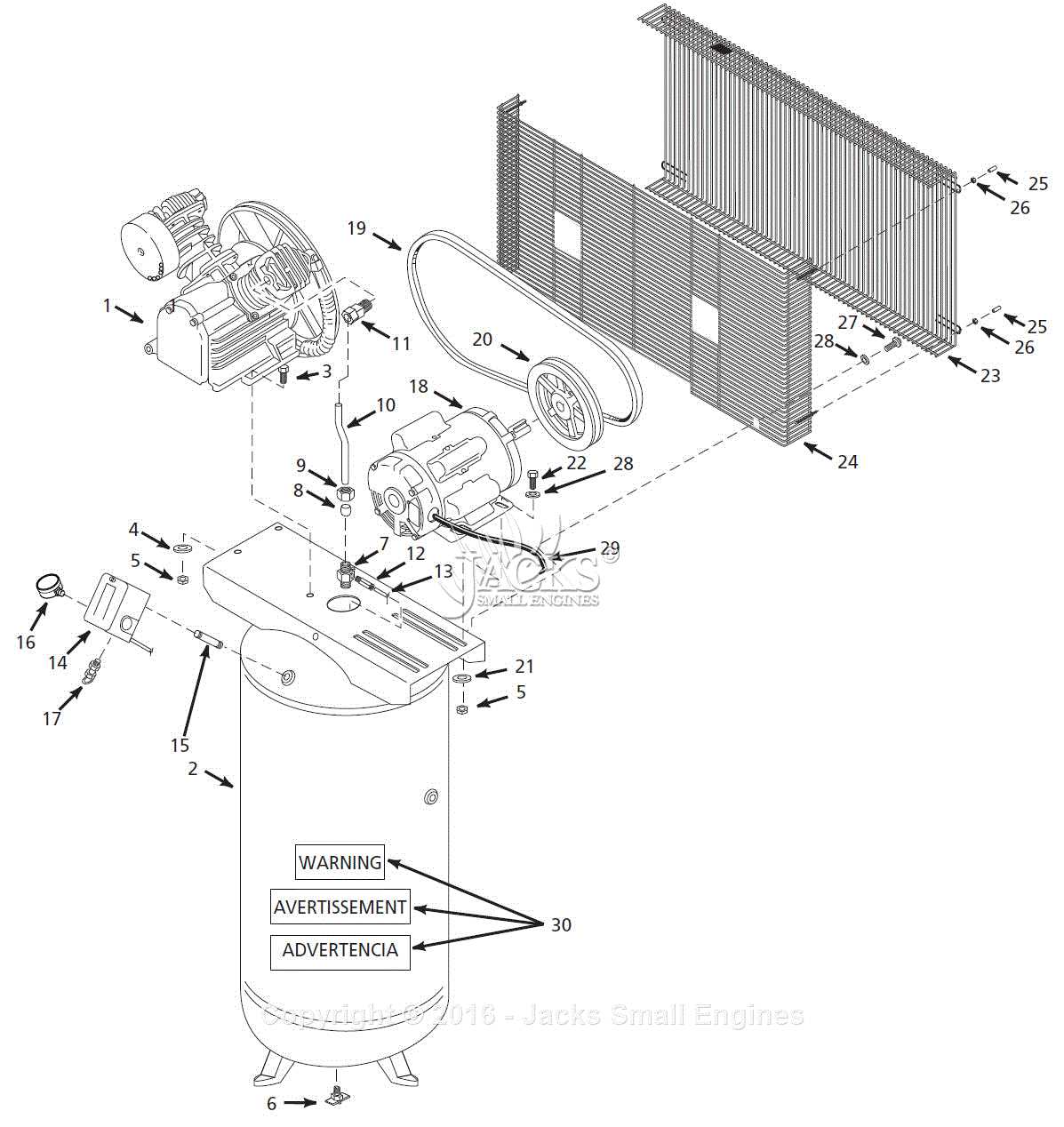
Another crucial aspect is the movement and control of fluids. Certain components are designed to regulate fluid flow and maintain consistent pressure throughout the system. These parts work in tandem with energy conversion elements, ensuring that the device operates smoothly and effectively under various conditions.
How to Identify Parts in a Diagram
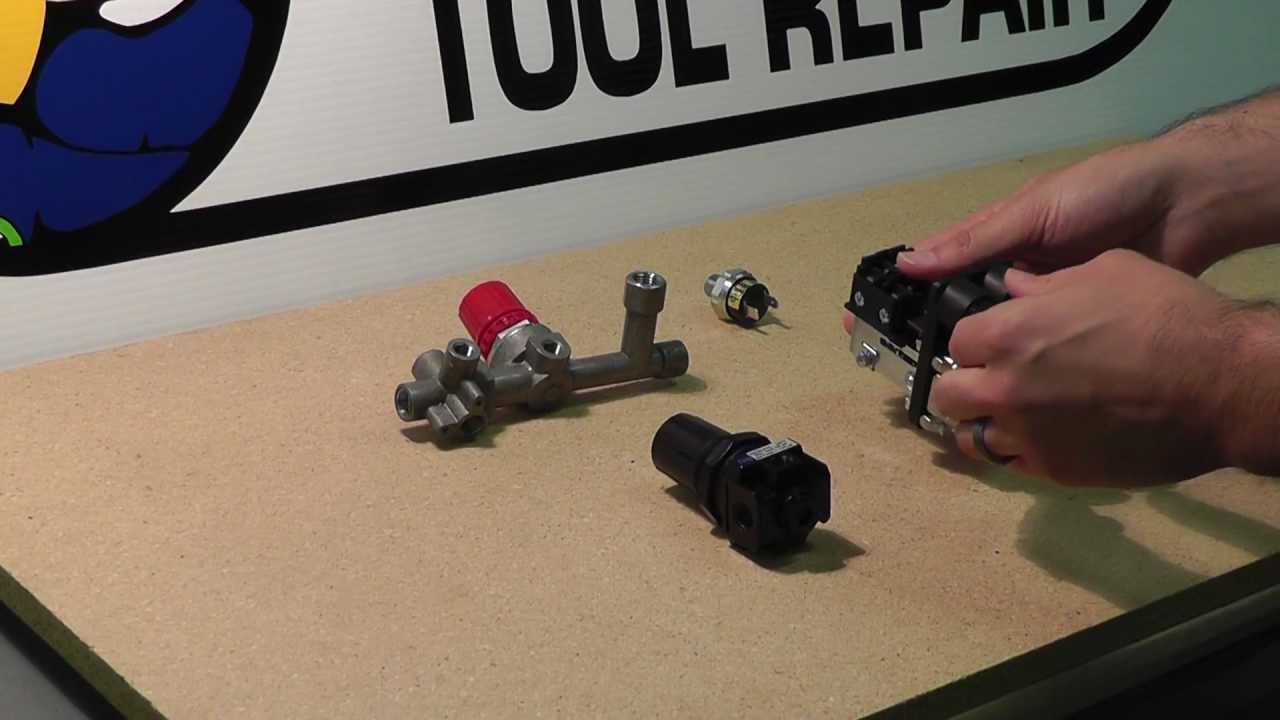
Understanding how to recognize different components in a visual representation is crucial for anyone working with complex machinery. Diagrams offer a detailed view of how each element fits together, making it easier to pinpoint specific sections and their functions. By learning how to read and interpret these visuals, you can quickly identify parts and understand their roles within the system.
Reading the Visual Keys
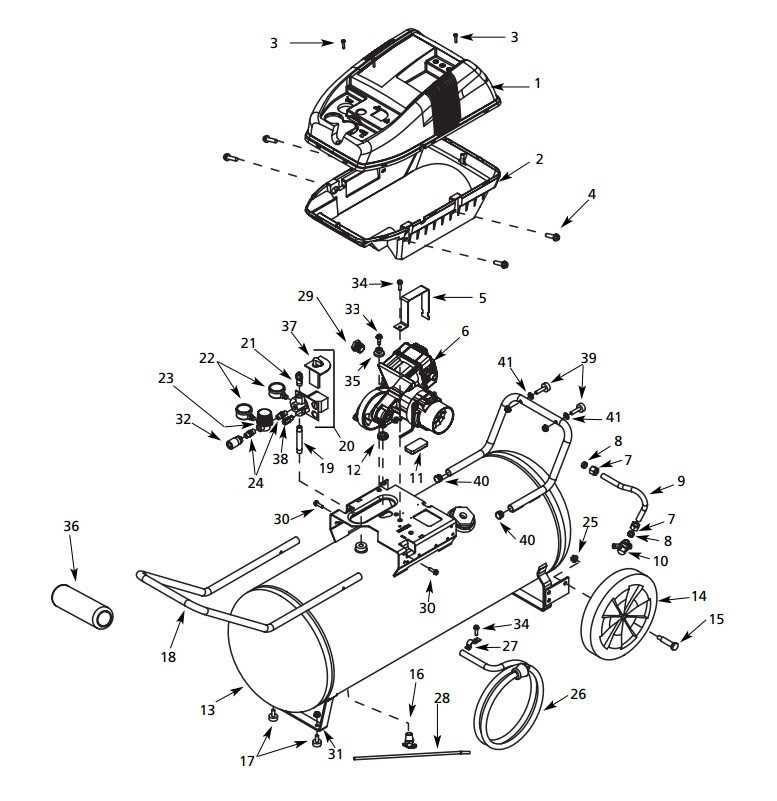
Each diagram typically includes a visual key or legend that helps users identify parts through symbols and labels. These symbols are often standardized, meaning once you understand the basics, you can easily recognize similar components across different systems. The key acts as a guide to understanding the relationships and functions of the elements shown in the diagram.
Focusing on Connections and Flow
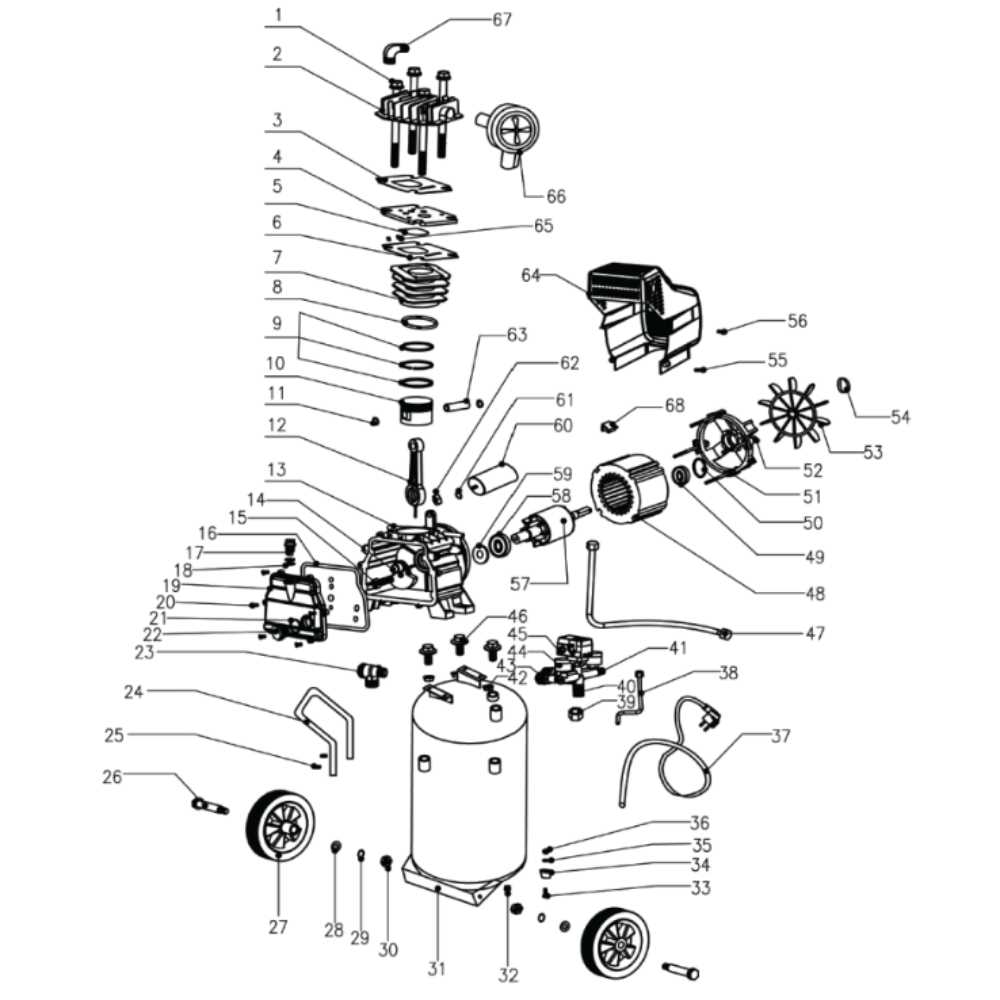
In many diagrams, the way components are connected tells you how they interact with each other. Arrows and lines indicate flow paths or the direction of energy or fluid movement, giving you a better idea of how the system operates. Paying attention to these connections helps you understand the operational sequence and identify specific parts more effectively.